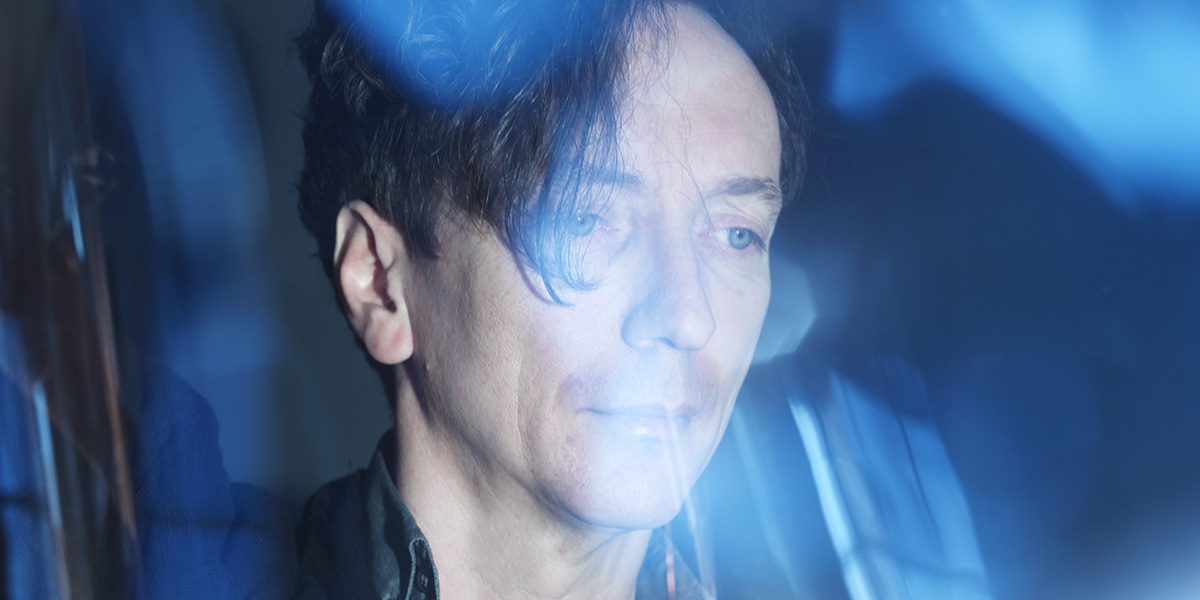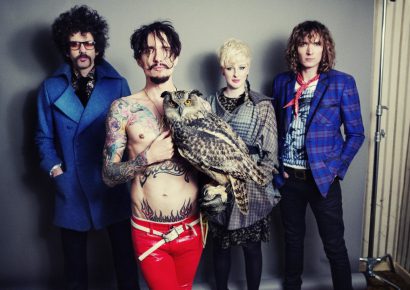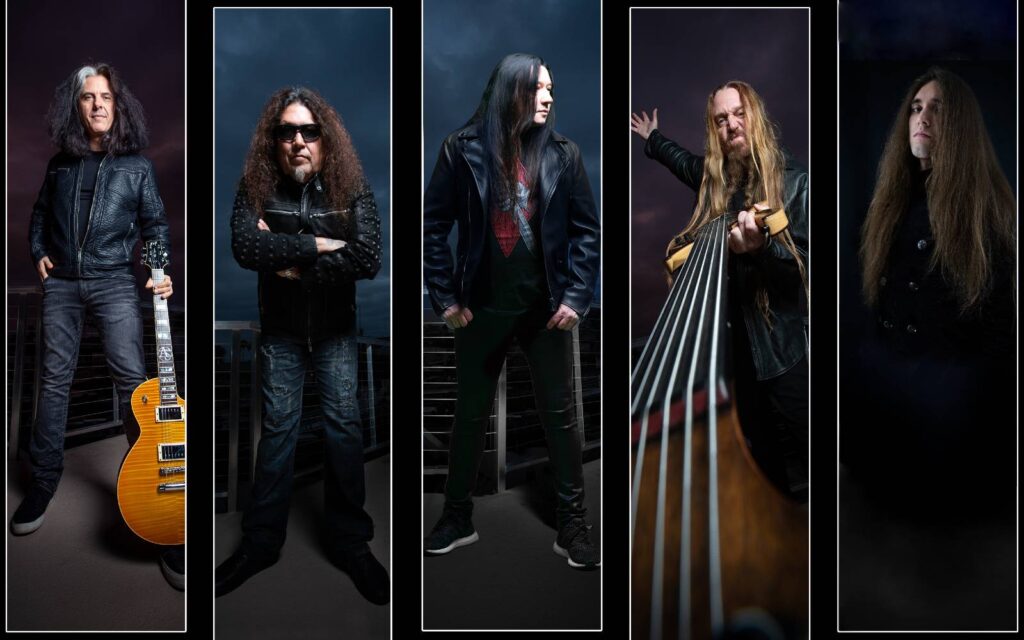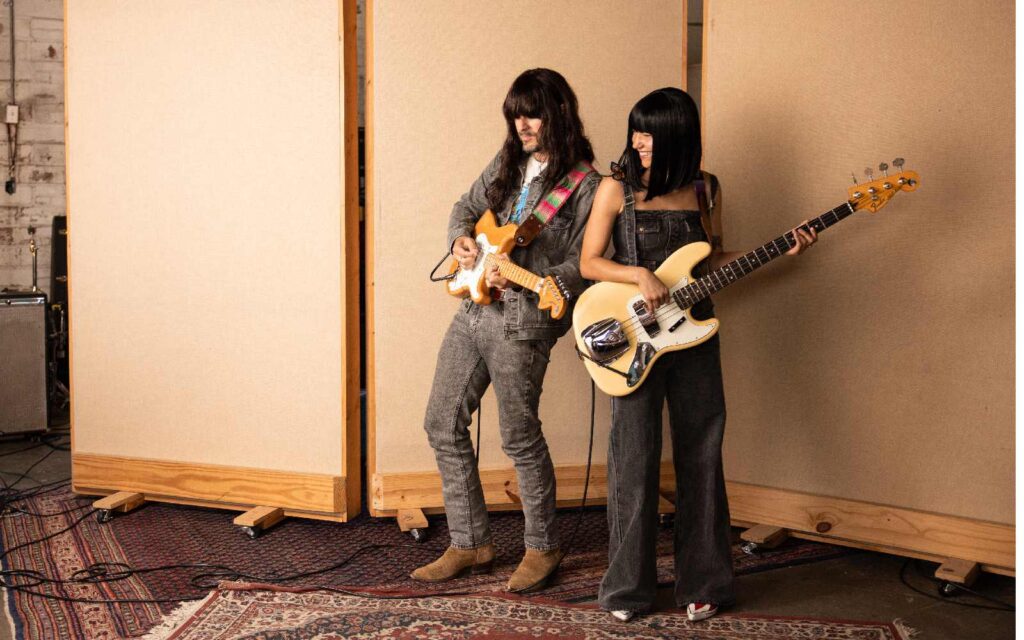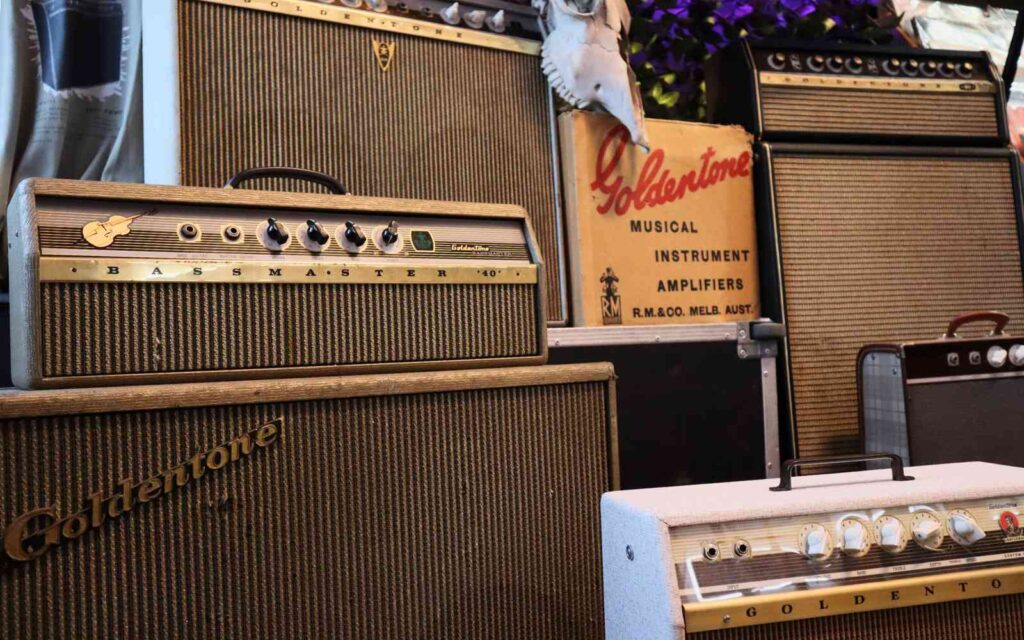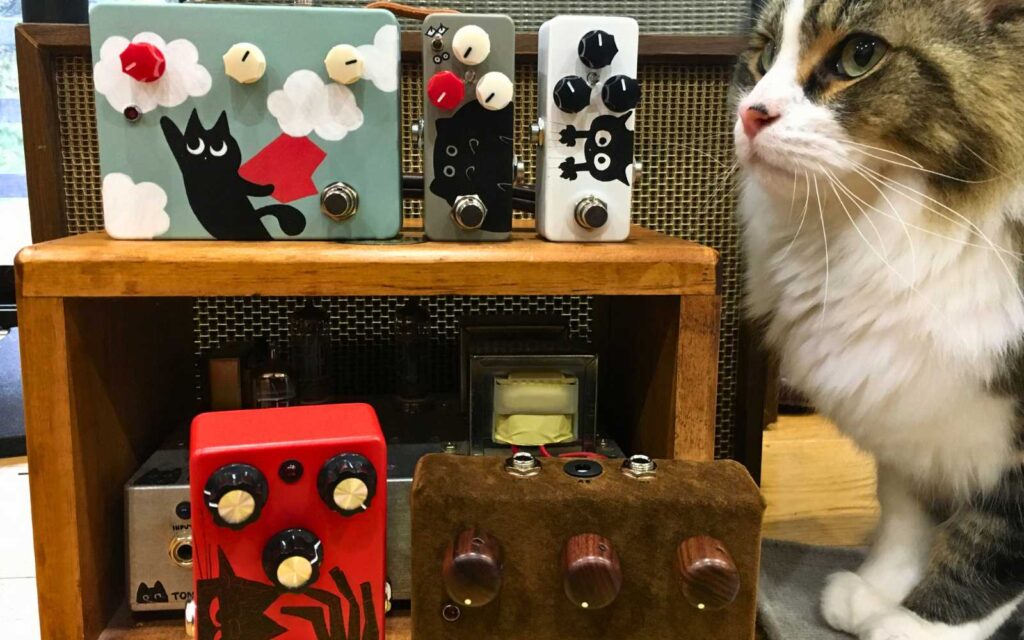“In a way you’re talking with both right now,” he explains. “I’m using Hauschka as a way to do all sorts of different things. I started out thinking, should I use my own name? Should I just be a solo pianist as Volker Bertelmann, or should I be Hauschka? I’d been leaning towards a band name, something kind of like Aphex Twin. A name you don’t know what to expect from. Is it female, male, is it a group of ten people? So sometimes when I’m coming to a place, I see announcements that the band Hauschka is coming to town, which I like. I think it’s very interesting to have this name where I can do whatever I want. Volker is a band member within my own band, so yes, when you’re talking to me, you’re talking to both.”
I must admit that when I first heard the name Hauschka, I drew a blank. I had not even heard of such a thing as prepared piano, and imagined it to be something akin to a pianola.The reality is far more inventive. Prepared pianos are those that have random objects inserted on or between the strings to produce a range of bewildering effects. For an introduction, there is no finer place to start than Hauschka.
“Before I started prepared piano, I was really interested in more sculptural music, more abstract. I was really into noisy bits and pieces. I had the feeling that this music somehow clears my mind, away from preoccupations from other music. I have a feeling that a lot of music was already classified within myself, and I was getting a little bored of a lot of music because it is so repeated. Millions and millions of variations, but in a way you listen to it and you still just put it on the same shelf inside of you. But there was music suddenly that I couldn’t put on the shelf, that was in a way erasing all my memory of music and touching me very deeply. I was hoping at that time I could find a way of creating this kind of atmosphere in my own music, and that’s why in the first place I worked with very small materials on the strings, and then I added more and more. I felt it was a very joyful process, to search. It’s a little like a lost and found thing.”
A recent, and rather topical instance of this unanchored evocation is Hauschka’s rendition of “Waltzing Matilda”, devised as a sort of introductory greeting card to Australia. The aluminium cases of tea-light candles are scattered across the strings, and the effect is much like sheets of rain. Ordinarily, however, Hauschka prefers to avoid established compositions, and instead embrace the challenge of shaping something afresh. “I’m very much trying to find atmospheres by myself, and not repeating other melodies. I’m a big fan of obstacles,” he laughs. “I’m not avoiding tradition, and I’m not avoiding the memory of something that is working greatly. The candles, for example, are something I’m using at the moment because I found them in the backstage area of a festival. There were bags and bags of candles, so I took them out of the foil, because I thought aluminium might be a nice element, it’s very light and can jump on the strings. But they’re getting less and less. I start removing one or two, and suddenly the period of candles is over, and maybe something else can come in. Later on perhaps I’ll remember candles again, there’s maybe a lexicon of sound in myself now in connection with the piano.” Having not visited before, Hauschka is keen to showcase his explorations to new audiences, but is also intrigued by the potential of Australia itself to affect some influence on his music. It is not something that can be forced; in the world of Hauschka, spontaneity is king, and can be uncovered almost everywhere you look.
“I’m here in Moscow, watching a street crossing. If I open the window the sound there would be similarly inspiring, and is maybe much closer to my music than a single instrument. You have the traffic, the sirens, you have the wind, people talking, machines rumbling. These levels of different sound, distant and close, quiet and loud, this is already an arrangement. Sometimes they even have syncopated rhythms, the wheels of the cars and lorries, sometimes birds. I sat in a cafe and there was music from the speakers, and suddenly a bird started singing in nearly the same rhythm, but of course accidentally. It’s something that is really inspiring to see it happen randomly.”
Tour Dates
November 17 – Melbourne Recital Centre, Melbourne VIC
November 19 – The Basement, Sydney NSW
November 20 – Old Museum, Brisbane QLD
November 21 & 22 – Mullumbimby Music Festival, Mullumbimby NSW
